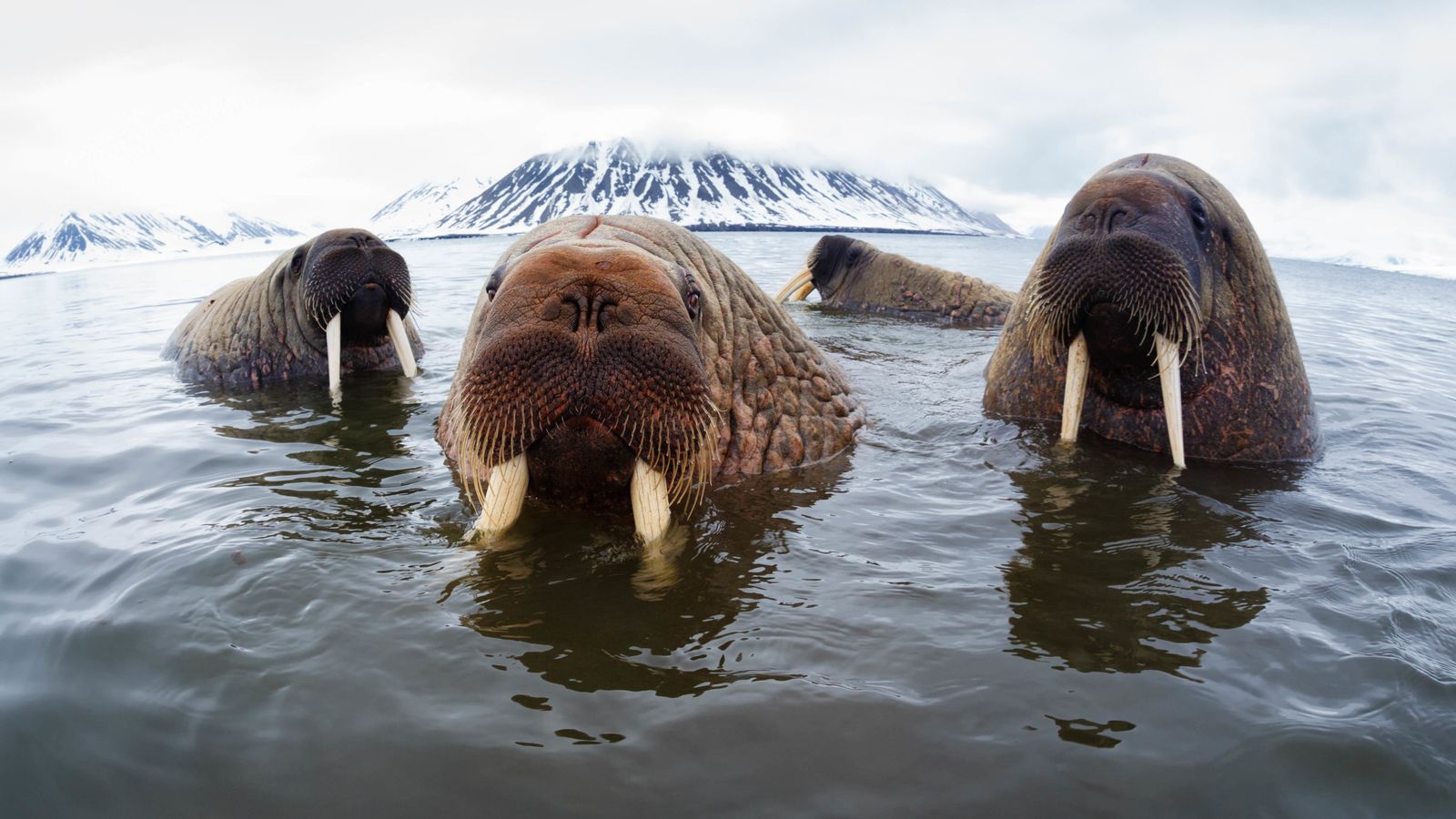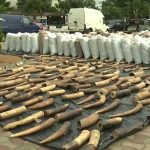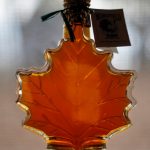Researchers studying how walruses will be affected by the climate crisis are looking for half a million people from around the world to help spot the animals in satellite images.
Conservationists from the World Wildlife Fund (WWF) and British Antarctic Survey (BAS) have launched the “Walrus from Space” project, a census of Atlantic walruses and walruses from the Laptev Sea.
The researchers are on the hunt for “citizen scientists” to spot walruses from their own home in order to help track populations.
The work aims to track the effects of global warming on the animals and provide scientists with a better picture of how many are left in the wild.
It comes as walruses grow increasingly vulnerable to climate change as their Arctic home is warming almost three times faster than the rest of the world with roughly 13% of summer sea ice disappearing per decade.
Little is known about how many walruses – an important species in the Arctic ecosystem – exist along a remote and largely inaccessible 25,000sq km stretch of Arctic coastline – an area larger than Wales.
To count the animals, the researchers are calling on members of the public to help scour thousands of satellite images taken from space.
Yevgeny Zinichev: Russian emergencies minister dies during Arctic training drill
Expedition crew believe they’ve accidentally discovered world’s northernmost island
Climate change: Scientists call for ‘refreezing’ of the Arctic after several ‘never before’ events
It is hoped that half a million people worldwide will join the project to spot the areas where walruses exit out of the water onto land, counting the number they see.
The data gathered will then help to inform decisions on conservation efforts for the species.
Hannah Cubaynes, wildlife from space research associate at British Antarctic Survey, said: “Assessing walrus populations by traditional methods is very difficult as they live in extremely remote areas, spend much of their time on the sea ice and move around a lot.
“Satellite images can solve this problem as they can survey huge tracts of coastline to assess where walrus are and help us count the ones that we find.
“However, doing that for all the Atlantic and Laptev walrus will take huge amounts of imagery, too much for a single scientist or small team, so we need help from thousands of citizen scientists to help us learn more about this iconic animal.”
Rod Downie, chief polar adviser at WWF, added: “Walrus are an iconic species of great cultural significance to the people of the Arctic, but climate change is melting their icy home.
“It’s easy to feel powerless in the face of the climate and nature emergency, but this project enables individuals to take action to understand a species threatened by the climate crisis, and to help to safeguard their future.
“What happens in the Arctic doesn’t stay there; the climate crisis is a global problem, bigger than any person, species or region.”
Mr Downie called on the UK to raise its ambition and keep its climate promises ahead of hosting the COP26 “for the sake of the walrus, and the world”.






















